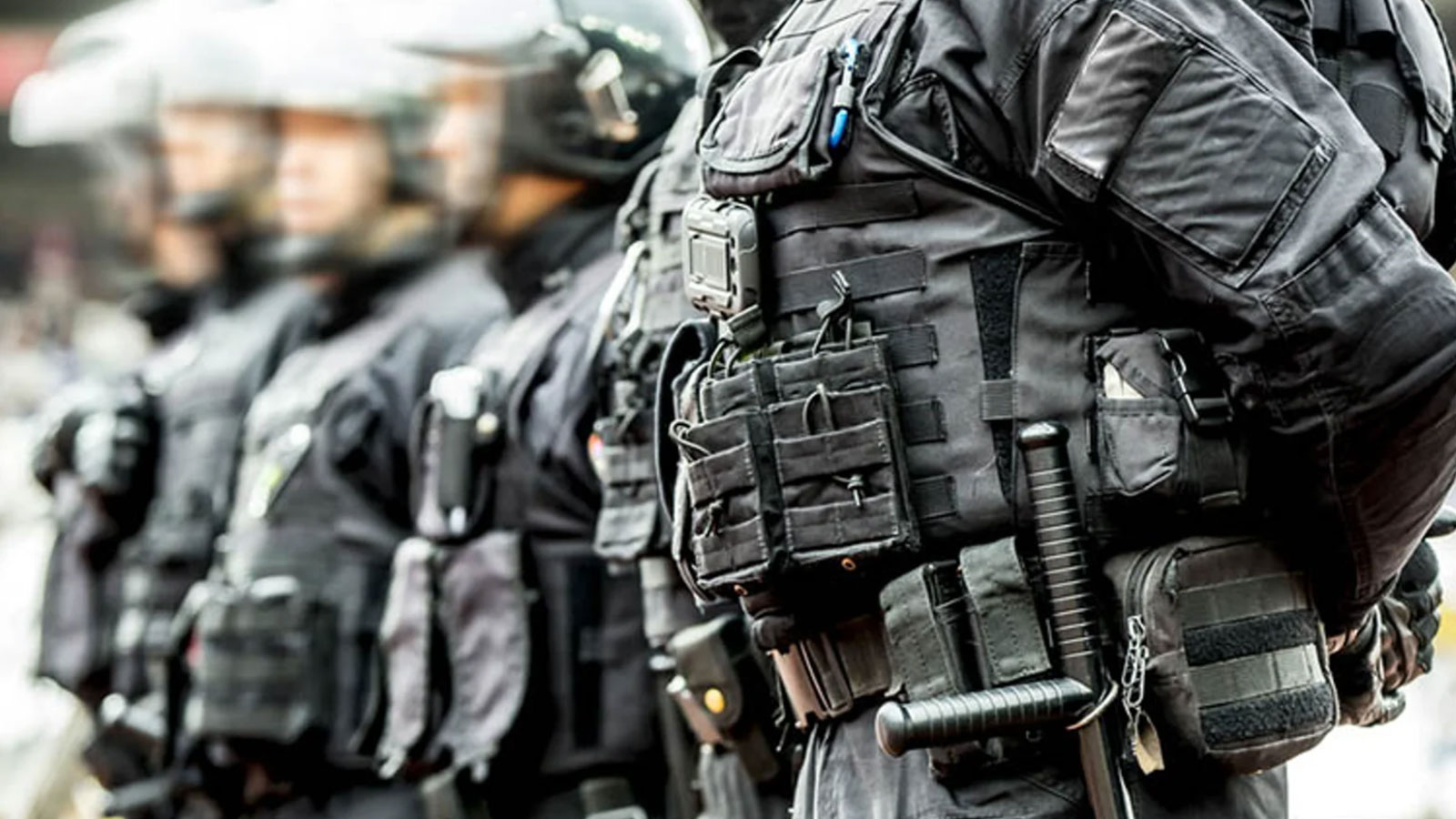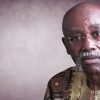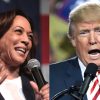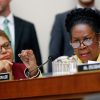Tyre Nichols getting beaten to death has sparked another round of debate over American policing. Let’s cut to the chase. First, very little will change as long as policing is determined by state laws and local authorities who are exquisitely attuned to the needs and desires of the white-power status quo.
Probably the best we can do is devise some sort of national system in which officers are recruited from around the country to create a body of police as diverse as the body of the republic. It should be thoroughly trained according to universally accepted law enforcement standards and socialized to accept and advance the immense honor of wearing a badge.
As it is, members of the US military show more grace, nobility and restraint than cops do. Army soldiers are trained to kill, but they are also trained to be responsible. Even lying is subject to military justice. Police officers, on the other hand, are under no such constraints, especially if they are white.
The police are not an army.
But they act like it.
The petty aristocracy
The hardest truth is about public perception. Cops are the good guys to most people. At best, they are virtuous warriors against evil-doers. At worst, they are a “thin blue line” between civilization and barbarism.
Police could devolve into occupying armies that, while operating above the law in the service of local elites, extract tribute from the local population as well as occasionally execute citizens without due process – don’t be naive. Even that wouldn’t stop Hollywood from portraying cops as The Good Guys
Despite the ubiquity of smartphones, and despite the ubiquity of smartphone video showing cops tasing, shooting and otherwise brutalizing people for meaningless infractions, white people, especially respectable white people, have continued convincing themselves the culture of cop shops always bends toward equal justice. They cannot, and probably will never, accept that police are agents of the state of political violence – violence made legitimate by the political will of respectable white people.
Respectable white people are the petty aristocrats of US localities. They are the business leaders, property owners, decisionmakers, public figures, political actors and so on. How they see police is linked to how they see themselves, and vice versa. If we get respectable white people to see authoritarian policing jeopardizes their respectability among other white people, we might see some reform. Remaining aristocratic depends on appearing democratic. Change their outward view, change the police.
Maybe.
The institution of the status quo
Fortunately, half the work is done. Petty aristocrats have already conceded that the white-power status quo that makes it possible for them to be petty aristocrats depends on police department maintaining the very same white-power status quo. They just haven’t admitted to having conceded it.
To illustrate, consider a particular moment in Bristol, Connecticut. In October, two city police officers were ambushed and killed by a deranged man. Their murders shocked Bristol, a white working class town whose majority usually endorses Republicans. It shocked much of the state, too.
At first, communities erupted in grief and gratitude. Businesses displayed banners thanking the slain cops for their sacrifice. Neighborhoods put out blue porch lights in honor of their memories. Then things took a turn.
Support for the families of the dead cops morphed into support for the Bristol Police Department. Blue lights blazed in solidarity. Banners exalted the “Brothers in Blue.” The celebration of the memory of the two police officers gave way to the celebration of the institution of the status quo.
With that turn, Bristol’s respectable white people conceded something – that their fates are tied to the fates of the Bristol Police Department. If you’re going to change policing, you have to make respectable white people understand their respectability is at risk. Then (maybe) we’ll see change.
Spectacular displays of violence
Which is why, in the beginning of this piece, I characterized police departments as occupying armies that extract tribute from the local population in the service of local elites, and that periodically hold public executions to force locals into accepting their dominance over them.
That is not what respectable white people say the police do.
But that is what they do.
Occupying armies – in order to keep the peace, uphold the law and preserve the order – periodically send a message to the local population that disorder will not be tolerated. To that end, they will seek out and destroy someone, usually the weak, with a spectacular display of violence.
That’s what happened last week in Huntington, California. The city’s occupying army made an example of a Black man with no legs. (They said was armed with a knife.) They shot to death Anthony Lowe, Jr., as he ran from them in terror on his stumps. Who’s in charge? The occupying army.
(Maybe) we’ll see change
America’s petty aristocrats (respectable white people) are linked directly to America’s occupying armies because occupying armies maintain the white-power status quo from which has arisen a petty aristocracy.
Direct links to an occupying army, however, endanger the respectable image of respectable white people among other respectable white people. This is America, after all. You can’t have armies occupying communities and murdering people at random. The appearance of democracy still matters.
Raise awareness of what police departments do in order to pressure respectable white people, whose political will legitimates the occupying army’s spectacular displays of violence. Make respectable white people see no one can be respectable when tied to an occupying army that randomly executes a community’s most helpless. Then (maybe) we’ll see change.
Source: AlterNet
Featured image via Shutterstock















